Self-sabotage can be a form of self-protection. You may have a fear of failure, fear of success, or worry about vulnerability which then could lead to you unconsciously undermining your own efforts to avoid these perceived threats. Can you think of a time that this happened to you?
If you'd like to view this as an interactive, online flipbook you can view it here.
Up Next
Follow us on:
Read More about Healthy Healing and Stories from Karen
The first step is to become aware of your self-sabotaging behaviors. Notice when you’re avoiding tasks, procrastinating, or engaging in negative self-talk. Awareness is the foundation of any change. The easiest way to track your patterns is by keeping a journal. Each day, track events that bothered or triggered you, your thoughts/beliefs, your emotions/feelings, and of course, your behaviors or actions. It is much easier to work on change once you see your patterns.
Can abuse jeopardize your physical health? The emotional toll abuse takes on a person is common knowledge, but can abuse harm the victim’s physical health? I have heard that the answer to this question is an absolute “Yes!” But how do we know that statement to be true? How can we know if a person would have developed a particular physical ailment if they had never been a victim of abuse?

